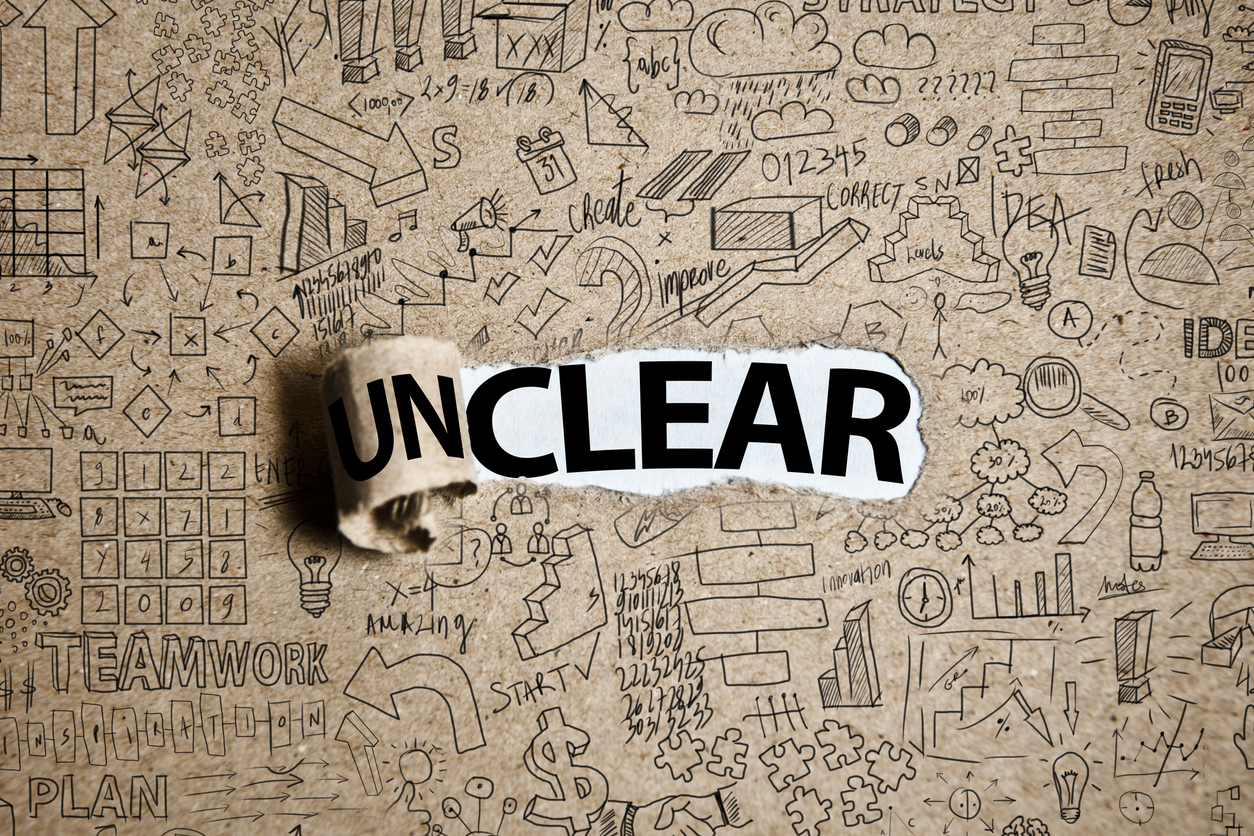“How did you come up with that amount for my (or my client’s) claim?” I was thinking of that question while taking the deposition of an Allstate corporate representative in an Indiana claims practice case, and how an insurance adjuster should honestly answer it. It is the same question millions of other policyholders, public adjusters, and attorneys ask insurance company representatives every day.
Could you imagine what would happen if a wife asked her husband, “Honey, where were you,” and one of two answers were given:
- “I am not going to tell you where I was because there is no law or regulation that says I have to tell you.”
- “I stopped by the Alibi Lounge to have a drink with the guys.” Which may have been true, but only after also seeing “my girlfriend” for an hour outside the lounge.
You can imagine the response. Do insurance company managers understand how their policyholder customers feel with an analogous answer? Yet, it is commonplace.
Even when corporate and commercial policyholders ask if the property insurance adjuster or the insurance counsel can provide drafts of reports or whether they are editing drafts of an alleged expert engineer, the questions are unanswered. Many insurers refuse to answer claiming such information is “work product.” Many send the “last” draft which is allegedly the most accurate. It is amazing how often the last draft lowers claims payments.
There are claims managers that mandate full transparency of issues and questions. One State Farm senior claims manager even said that his company has an obligation to provide all drafts to policyholders. This type of transparency in the claims process should be applauded, even if it eventually ends up in a dispute. Honest and good faith differences of opinion can occur. Why not be honest about those?
Even in Great Britain, I notice that policyholders perceive that the claims process is “gamed” against policyholders. While trying to put myself to sleep last night, I read a book from the Oxford University Press, “Policies and Perceptions of Insurance Law in the Twenty-First Century,” M. Clarke (Oxford Univ. Press 2007), that verified people in England have the same perceptions regarding an insurer’s honest reasons for claims decisions:
“First, it has been doubted whether adjusters come to claims with an open mind. Secondly, why, when the adjuster’s investigation is complete, is the report drawn up by the ‘independent’ adjuster available to the insurer but not to the claimant? The answer is that, in reality and in law, adjusters are the agents of the insurer. The perception of many claimants, who view adjusters with resentment and distrust, is that adjusters are brought in only to beat the claim down.”
I can imagine that my policyholder friends in Texas, Mississippi, and Florida can take some refuge in the fact that other legal systems, even one much older than ours, are battling the same problems.



